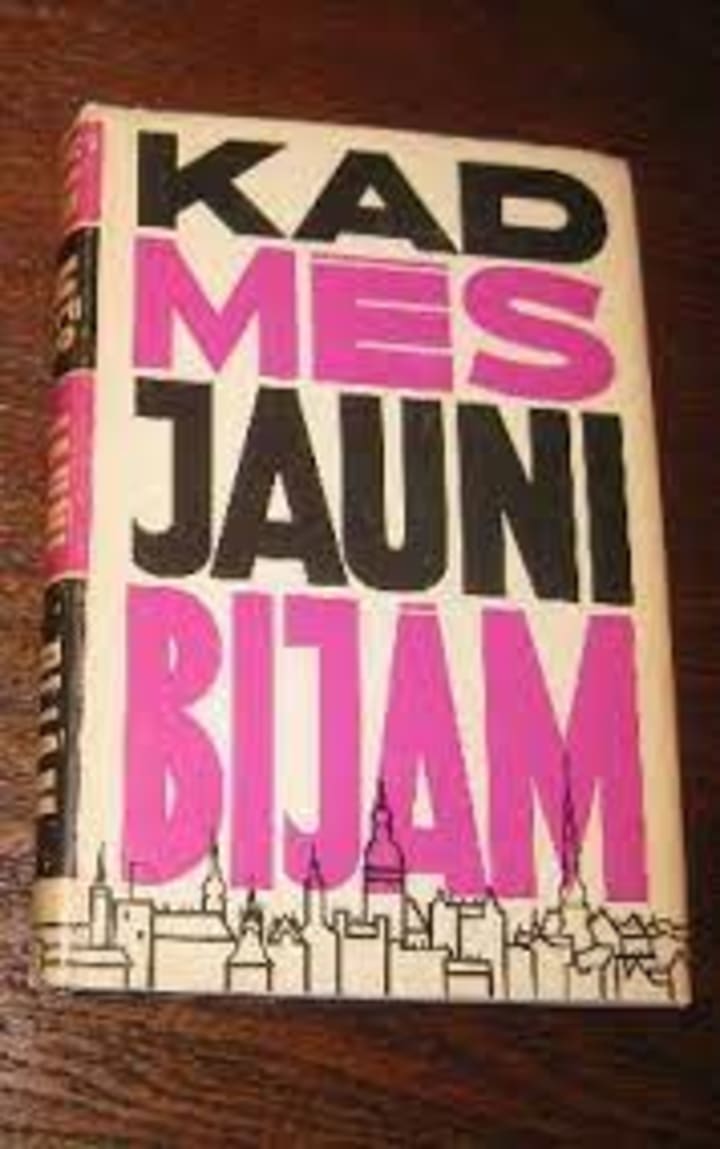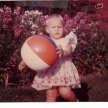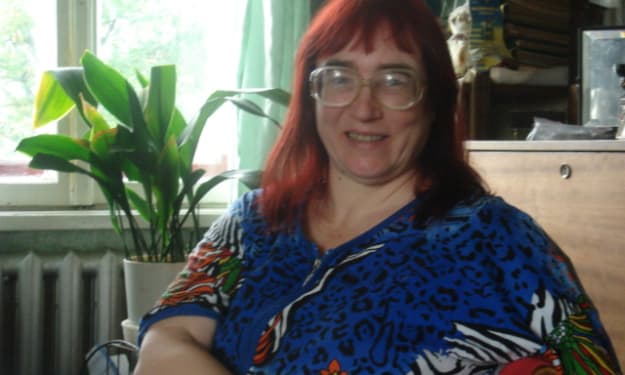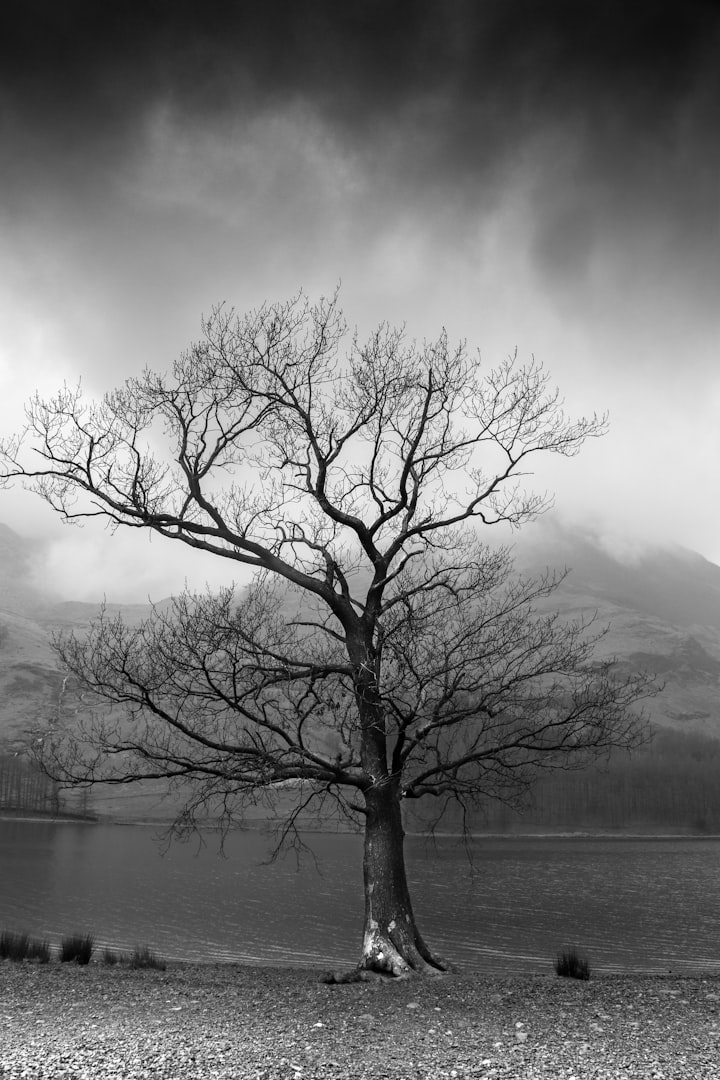Poetic Words
The poetry of Latvian poet and writer Eriks Raisters

I have been writing about my dad popular Latvian poet and writer Eriks Raisters. My dad’s life in his homeland Latvia was interrupted by WW II and he had to go into exile. That is never easy, especially for a poetic soul. Since he died in New York in 1967 he never got to return home and his poetic voice was stilled. One of the best ways to understand the soul of the poet is by finding out more about him and his poetry.
Eriks Raister always said about his poetic work that perhaps for him “there was more promised than what was fulfilled”. His poetry has also been published in a lyrical anthology titled “Dziva Dzeja” or “Live Poetry” collected by A. Johansons.
About Raisters it is said that to understand his poetry you must listen to its music, look into the imagery and embrace the beauty:
Gajeja Dziesma or Traveler’s Song – “Along the road the reddest of leaves shine”
Vasaras Brinums or The Wonder of Summer – “In the purple twilight of summer, all alone to lay back in the grass”
Oktobris or October – “Yellow birches are blazing”
Miletaja Muzs or The Life of a Lover – “What my heart loves, never pales”
Dzejnieks or Poet – “Let no one say – that humbleness holds him, Let no one say – that all he speaks of are lies”
Raisters has been characterized as a poet with joy in his heart with an optimistic look upon the world that in his own poetic words says – “Joy this unusual joy this sparkling joy makes one aflame, makes one's heart fill with passion” “So through time like flowing water, You could freely look into the depth of eternity”
He was often overcome with passion about many different things – “who approaches life and all that it encompasses with wonder, full of eagerness and praise. He is a believer and always searches for new beauty”
When all else fails and melancholy strikes – “To be alone! Till the end alone! Love cannot drink up all the sorrow, It hangs heavy over my life, leaving behind the footprints of disaster”
Having had to escape from his homeland during WW II it always seemed that for this poet everything came at him full speed and happenings like waves always followed another and there was no time for a quiet and stable life. The first came on May 15, 1934, and then on June 17, 1940, the Communist forces occupied Latvia and finally Raisters had to leave for Germany and afterwards to America.
The poet writes – “Unrest, trauma, constantly life changes”
“Waves that rush to shore. Never repeat but come more, they come without stopping” “The sounds of longing, of passion, sounds that fill the soul resound from the ocean of eternity”
“We must fight, endure and long to fulfil what we are seeking for otherwise these longings will just burn up like the embers of a passionate fire”
During his lifetime Raisters was able to have some of his poetic works published. His first book of poems came out in Riga, Latvia. It was filled with romantic lyrical poetry titled Men – Dzejoli sievietibai – poems honoring womanhood. It came out in 1931.
His second book of poems was titled Plosti – Lirikas, balades, poemas or Rafts – Lyric, ballads and poems. It was published in 1939.
The third was Mans Laiks or My Time these were poems he wrote between 1939 and 1949. It was published in 1950 in Germany.
There was one more collection of poems that never saw the light of day. Raisters had left behind a book of poems ready to be published titled Svetlaimiba or Ecstasy. Apparently, the volume was lost sometime during the occupation.

Two books were published in the U.S. after Raisters’ death in 1967. One was “Kad Mes Jauni Bijam” or “When We Were Young” which includes many memories from his closest friends and some poems. Also “Es Rigu Sirdi Jutu” or “I Feel Riga in My Heart” includes a great many of his poems from his published books and some that were found after his death.

Men
So we will begin to take a look at his books of poems beginning with the first “Men”. This book is divided into two parts.
The title poem “Men” – “wonderful world – wonderful Men, where have I heard your wonderful name, Men, I have come into this world to adore you”
What exactly he refers to and what the title Men refers to is unknown. All of his poems were in Latvian and as such remained untranslated. Most of the poems int his book clebrate the beauty of women,
“Lady With a Cigarette” – “A woman’s closeness can excite one so, that the soul knows no peace”
“Love is or can be an aching and even pain” “away goes the night full of the blush of happiness, just like the heart, when it aches with love”
In this book of poems there are also poems on other themes such as the happiness of living and the will to fight for what you want – “life’s flowing and always full of longing – happiness”
“Always go through life in blazing happiness!”
So Raisters laid his passion upon page after page through his poems letting others read and feel the emotions that led him through his life.
May
I lean out of my window -
the air feels like it's doused with silver.
the scent of flowers fills the air.
It seems as if a smiling summer,
comes climbing over the green horns of the moon,
it kisses the treetops,
runs into my room,
making me dizzy.
My heart begins to beat faster,
I feel a kind of unrest,
maybe the bird cherries are blooming,
in Ranks where I was born,
The Gauja is free from the chains of winter
and all around is lush with green.
Maybe like in times of old,
you are waiting for me,
in the garden when a dreamy haze -
surrounds the blooming apple trees.
I lean out of my window -
tonight there is no time for sleep.
The wonder of this lovely May night,
will soon disappear,
the bird cherries will wilt -
just like my youth
and there will only be left my summers,
as much as I see tonight,
the smiling summer -
between the green horns of the moon.

Poet On a Raft
His second book of poems is titled Plosti or Rafts.
Plosti has five sections among them poems and ballads. Another famous Latvian poet Alexandris Caks took a look at Raisters’ book. He said about the poet that Raisters was a great romance lyricist and that the romantic poems were the best part of Plosti. There are also many poems about Latvia and the people.
Raisters liked to write about the country and about the ordinary workers. He spent his last years in Latvia at university and working in Riga but he was a country boy at heart. Whenever he had the chance he would be home in Ranka and as early as at first light at 3AM in the summertime out in the fields with a scythe cutting the grasses.
In his book Plosti he has poems such as “Zeme un Stradnieks” or “The Land and the Worker”, “Fabrikas” or “Factories” among others.
“Pavasaris” or “Spring” – Where is there a lovelier spring, Where there is greater pleasure beneath the sun. Than the happiness that comes from working the earth, that the ancient Latvian landowners sowed.
“Vasara” or “Summer” “The Daugava echoes past the cliffs, the Gauja gurgles through the bird-cherry tree valleys”
The lines of this poem refer to two of Latvia’s main rivers The Daugava and The Gauja.
One of Raisters favorite Latvian national holidays was Ligo vakars and Jani. Both of these are steeped in great tradition. In other countries in Europe this is celebrated as Midsummer’s Night. Ligo vakars refers to the Midsummer’s Night and Jani is the following day.
“Jana Vakara Balade” or “Midsummer Night’s Ballad” “Oh, my country in full bloom, your Midsummer’s has arrived! With great joy tremble white birch groves, echoes hay in the silos”.
Plosti also includes many patriotic poems such as “Gavilu Diena” or “Day of Great Joy” and “Tevzemes Dziesma” or “Song Of My Country” – “Oh, song of old, oh, orphaned song. You are deep within my soul. When with great pride over my homeland, a more beautiful tomorrow dawns”.
There are poems about Riga the capital of Latvia with such original poems as a poem about the rooftops of the city. “Jumtu Burviba” or The Wonder of Rooftops” – “Whether in a valley, between white birch groves, whether upon green hillsides, where houses stand beneath the shining sun. You can see roofs here and there, like wings standing in stately rows, which appear to be gliding into the blue horizon”
A great many people admired his poetry and originality of lines like:
“Over the city like a white wonder, continuously snowflakes fall”
“A green cup I take in hand – the beer foams white”
“Let my sorrows flow, straight to Riga”
There are many long and short poems all expressing his inner most feelings.
Sirds un Prieks or The Heart and Happiness
I let my heart tremble
and let it sprout anew.
For every little joy,
that comes to mind,
let it bring you happiness in daytime
and bring loving feelings at night.
For life’s dream is difficult
and eternity still far away.
Lover's Song
The day is drawing to an end,
across the fields -
the twilight is coming my way.
Let my love song take wing
and head your way.
Like a golden bird it shall slowly,
nod against your breast,
Through the shadow that falls from your lashes -
the song will reach you.
Till the dawning of a new day,
the elixir of roses will seep between your lips,
from there the longing for love =
will climb up high into the heavens singing.
The Times of His Life
For my dad Latvian poet and writer Eriks Raisters everything changed when WWII came around. He had to forget about the good times, about everything he loved, his work and most of all he had to flee his homeland Latvia. It was the toughest thing a patriot like him ever had to do. So after his first two books of poems were published in Riga, Latvia he began his journey. There was not much he could take with him but he did have a large trunk full of his personal belongings and also writings.
Unfortunately during a bombing raid, he had to leave the trunk on a train station platform and hide in a shelter. After the bombing was over the trunk was gone. His third book of poems came out in Germany and was titled “Mans Laiks” or “My Time”. This volume showed that Raisters emotions had completely changed and that the war had greatly affected him.
In this third book of poems “My Time” Raisters writes about the war, the disaster the Latvian people faced, the first steps into exile and missing his homeland. His emotions are expressed in poetic lines like –
“In the far distance, homeland was left behind. Yet, a person is still able to love. And it seems everything is different, that you feel, Where there was once emptiness – now is fulfilment. And again my breath with eagerness, drinks in life’s beauty, which only rarely can anyone grasp in their hands.”
This volume has five sections that include:
War poems – “Homeland On Fire”, “Hero’s Soul”, “Burning City” and others.
After war poems – “The Elegy of the Blossoming Apple Tree”, “Time and The Person” and others.
Romantic poetry and different aspects of life and much more.
It was a very terrifying and trying time and it shows in the diversity of his poems.
“Even though the gates to the world are open, the soul burns with the memory of Latvia”.
“Time has flown past full of longing, Nowhere have I stopped”.
“It is of no matter, where you are led to, when winter and the night have come”.
The verse from his emotion-filled poem “Traveler’s Song”
I could fall asleep if my heart would stop beating,
Beside a rock, lying by a field,
But my blood like stormy waves keeps flowing,
Full of deep longing –
You haven’t come to the end yet.
A poem for his homeland “Latvia”
No matter how far,
strange roads might take us,
Our star you are and remain –
Latvia!

Those poetic words No matter how far roads might take us, Our star you are and remain, Latvija! are engraved upon Raisters’ gravestone where he and his wife, the love of his life. Elvira are buried together in the quiet countryside of Ranka, Latvia not far from where he was born and raised.
The last verse of his poem “Winds”
The wind whispers hundreds of songs
and keeps blowing along.
With life’s rosy, fiery glow,
I must finally melt away.
In the volume “My Time” there are also many sonnets written about the places that Raisters passed through or stayed for a while in Germany. Sonnets titled “Schleswig-Holstein”, “Pinneberg”, “Flensburg” and “Lubeck”.
The horrors of war take on poetic emotion in Raisters’ poem “Homeland On Fire”
The enemy is here,
now is the hour of your suffering,
and for me too –
at the time of leaving.
Finally came the time for crossing the ocean to America and came the time when Raisters realized he would never go home again. During his time in the new world, he worked as an editor for the Latvian newspaper “Laiks” or “Time” and settling down to a whole new life left him little time for poetry. He did manage to write some but never had another book of poems published.
So much has been buried,
that was once raised up on wings,
to rise above the towers of Riga
and sing for Latvia,
that gave the first inspiration,
for the love of homeland
and left behind the last breath,
as hope for her.
More poetic words for Riga –
Riga is no more as she once was and will never be the same again.
Holiday During Spirit Time
I take the drinking mug in my hand,
Autumn stars are falling
and fill my cup,
In gardens where holidays were once celebrated,
A mist full of spirits starts falling.
There are also poems that refer to the poet’s life in America. Summers in the Catskill Mountains and poems about mushroom picking and others.
Mushrooming
Where during the night,
a loving moon shines’
From the moss, like a magician,
it pulls mushrooms,
out by their caps.
Cannot Change Anything
I can still grow,
like a green leafy tree,
beneath the sun,
watered by the rain.
I look upon a bigger wonder,
that in my thoughts I can fly –
back to my homeland tomorrow.
Raisters managed it all and was able to settle down in New York City not changing any of his ideals and lived in Bay Ridge, Brooklyn as if he were living in a suburb in Riga. A lot was suffered but a lot more was lived and loved. Fate just didn’t have it in the stars for him to return to his homeland. He died in New York on November 15, 1967, and just for a patriot like him, his funeral was on November 18 which is Latvia’s Independence Day.
My Homeland
Beyond the fence. the red flames of fires burn,
there was left my homeland with its songs.
Only in dreams when the twilight comes,
my heart reaches out frozen in time.
Everything that has been lost,
is hidden within my heart,
the bright memories of Latvija,
remain untouched,
forever they will glow and call me back again.
About the Creator
Rasma Raisters
My passions are writing and creating poetry. I write for several sites online and have four themed blogs on Wordpress. Please follow me on Twitter.






Comments
There are no comments for this story
Be the first to respond and start the conversation.